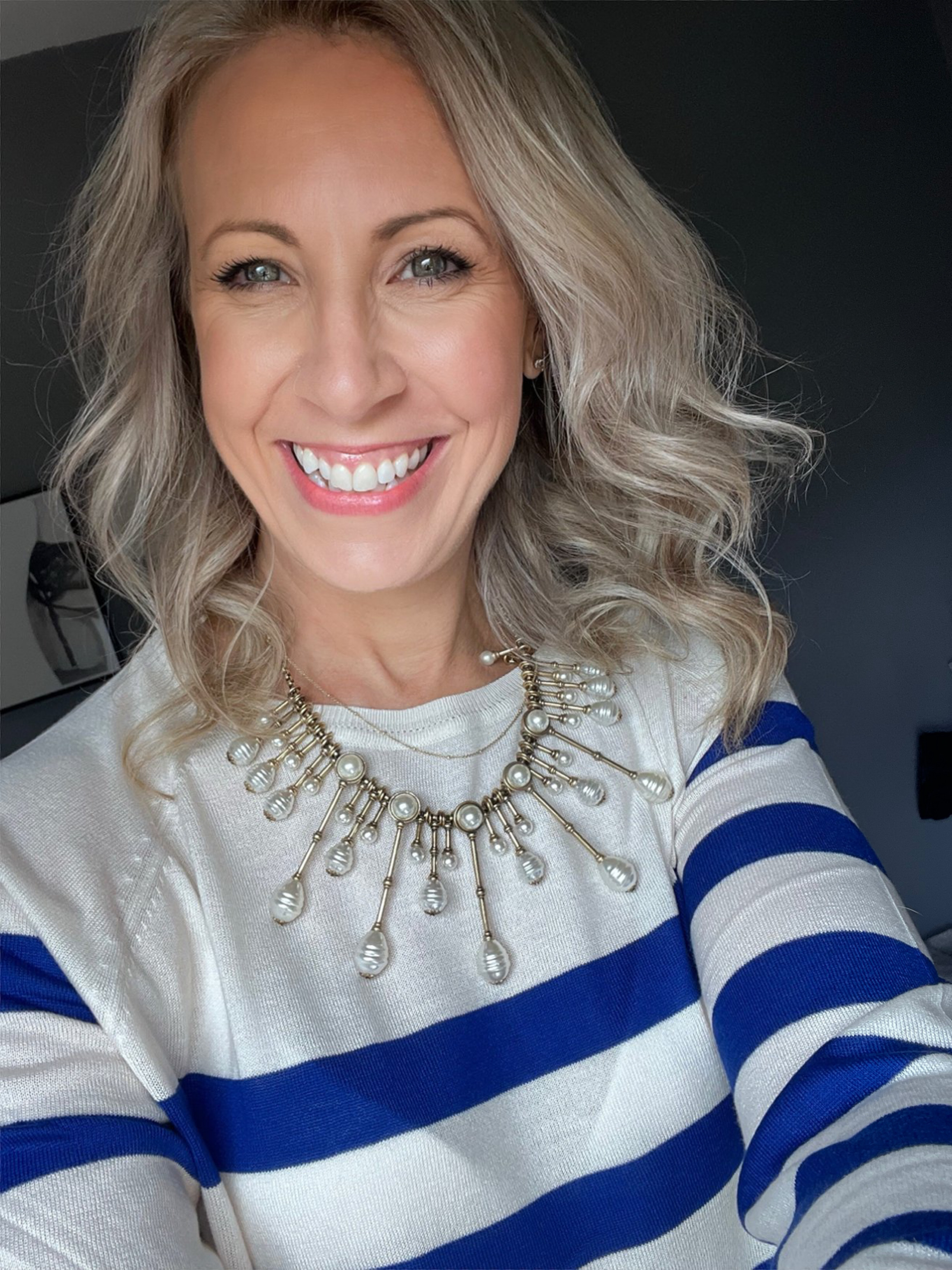Weaponising Difference: When Identity Becomes a Tool for Power, Not Progress
- anna price
- Mar 5, 2025
- 2 min read
Exactly 12 months ago today, Eloise and I were on our way home from an awesome event celebrating International Women’s Day at the Houses of Parliament, thanks to the convening powerhouse that is Carol Ann Whitehead.
At the Houses of Parliament with 50:50 Parliament - Amplifying Muted Voices Campaign.
It made me reflect on the last 12 months—both for Lou and for me—and our journey together. As her mum, I’ve always worked hard to help others understand that a learning disability—like Down’s Syndrome—doesn’t mean that Lou can’t learn. It just means she may take more time and learn in a different way. But really, isn’t that true for any of us?
Advocacy and allyship are difficult, emotionally draining, and challenging jobs. When you care deeply about something, it’s easy to react emotionally when people challenge your beliefs or when you interpret their actions based on your own experiences. But I always try to remember:
People can only meet you as far as they have come themselves.
We need to adapt our communication, our language, and our approach based on an individual’s intention and experience. And you can’t do this without discourse.
But what I’m witnessing too often is the weaponisation of difference—whether it’s disability, race, gender, sexuality, or any other aspect of identity.
At its best, conversations about difference help us recognise bias, dismantle barriers, and create more inclusive spaces. But sometimes, difference is weaponised—not to drive positive change, but to silence, manipulate, or undermine others.
What Does Weaponising Difference Look Like?
Using identity as a shield to deflect accountability rather than engage in meaningful discussion.
Accusing others of prejudice or exclusion without space for dialogue or growth.
Exerting power over someone by exploiting societal guilt or fear of saying the wrong thing.
Treating identity as a trump card that invalidates another person’s perspective rather than enriches the conversation.
The Impact
When difference is used as a weapon, it erodes trust, breeds resentment, and shuts down meaningful discourse. People become afraid to engage, to ask questions, or even to support causes they care about, fearing that one misstep will lead to public condemnation rather than constructive conversation.
How Do We Move Forward?
Recognise intent and impact – Harm can still be caused without bad intent, but accusations without context don’t help anyone grow.
Encourage dialogue over division – If someone missteps, explain why rather than assuming the worst.
Set boundaries – Being an ally, advocate, or member of a marginalised group doesn’t mean accepting manipulative behavior.
Engage in good faith – Challenge, educate, and hold people accountable—but do it in a way that builds rather than breaks.
Difference should empower, not be a tool for exclusion or attack. If we truly want a more inclusive world, we must be willing to listen, educate, and hold space for each other—even when it’s uncomfortable.













Comments